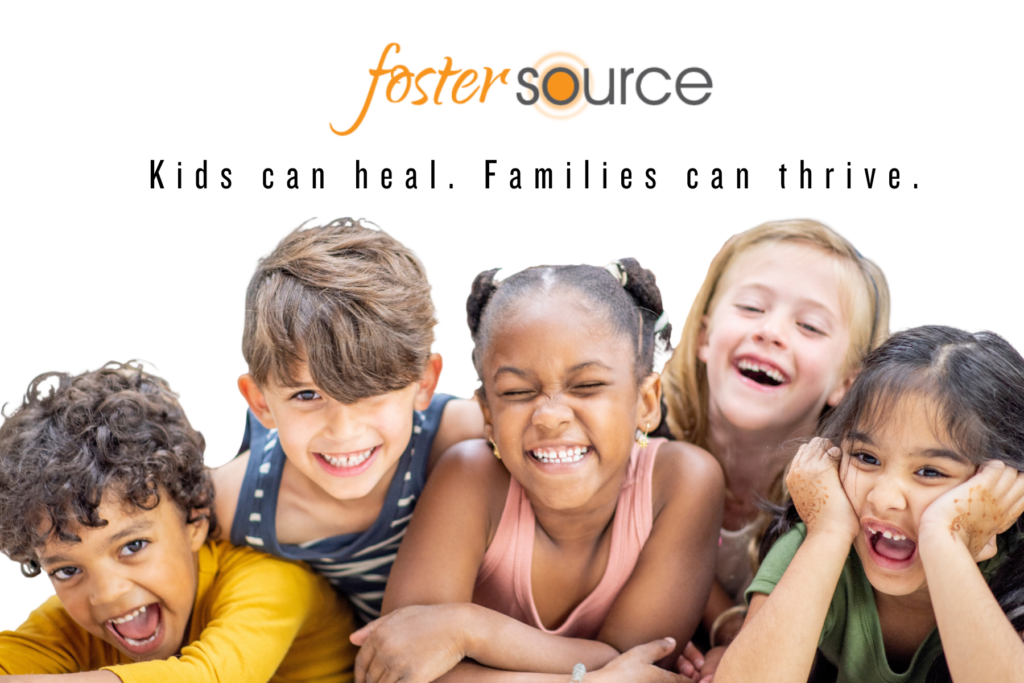Resources for Colorado foster and kinship parents

Colorado has many resources available to parents of young children. Many of these programs are also open to foster parents and kinship caregivers. Learn more about the many resources that are available in Colorado and nationally below.
Child Care
The Child Care Assistance Program (CCAP) provides parents, including kinship and foster parents, with reduced child care rates based on the family’s income. Families may apply through their county’s department of human services. Learn more about CCAP in Colorado. Additionally, Colorado Shines, the state’s quality rating and improvement system, is a robust resource for finding and researching quality child care options.
Since child care centers in many communities have long waiting lists, foster and kinship parents can also reach out to their caseworker or support worker about getting Child Welfare Child Care. Child Welfare Child Care is a temporary form of child care that is available to children with an open child welfare case and is based on the needs of the child. Child Welfare Childcare is not permanent and is reassessed periodically.
WIC (Special Supplemental Nutrition Program for Women, Infants, and Children)
Infants and all children under age 5 in foster care are eligible for WIC because they are considered the legal responsibility of the state and are eligible for Medicaid. Foster parents and kinship caregivers can enroll children under 5 in their care in WIC by providing a document showing the child’s foster care status. The child’s caregiver is then issued an eWIC card with the child’s food benefits which can be used at grocery stores.
WIC foods include fruits, vegetables, 100% fruit and vegetable juices, whole grains, cereals, milk, eggs, yogurt, cheese, baby food, infant formula, beans and peanut butter. Families may also receive different foods based on special dietary needs such as tofu or soy milk. Learn more about WIC benefits and how they apply to foster and kinship caregivers.
Child Tax Credit
Under the American Rescue Plan Act of 2021 the federal Child Tax Credit was expanded to provide $3,600 for children 5 and younger and $3,000 for children and youth 6 to 17. Foster parents and kinship caregivers can also claim the Child Tax Credit on their taxes as long as they file and meet the same requirements as other parents. The advance payments are provided to families monthly from July to December 2021. Qualifying families will get half of the total in monthly installments this year to help with expenses and the half comes in one payment during tax season in 2022.
The quickest way to get these payments is to file a 2019 or 2020 tax return normally. The IRS has a CTC non-filer tool that can be used to claim this credit and many other resources to support families who do not automatically receive their payment in July. Learn more about the Advanced Child Child Tax credit.
At the state level, Colorado has doubled the state Earned Income Tax Credit from 10% to 20%. An estimated 155,000 Colorado families will now be able to claim a refundable state Child Tax Credit of up to $1,080 for children under age 6 years old, depending on income level.
Growth and Development
Bright by Three is a program that uses evidence-based learning tools to promote children’s healthy development through the most pivotal stages of growth by providing simple, age-appropriate tips and resources. Their Bright by Text program sends free games, tips and resources to parents and caregivers via text. Additionally, Zero to Three is a national early development resource with a wealth of educational resources on early child development.



